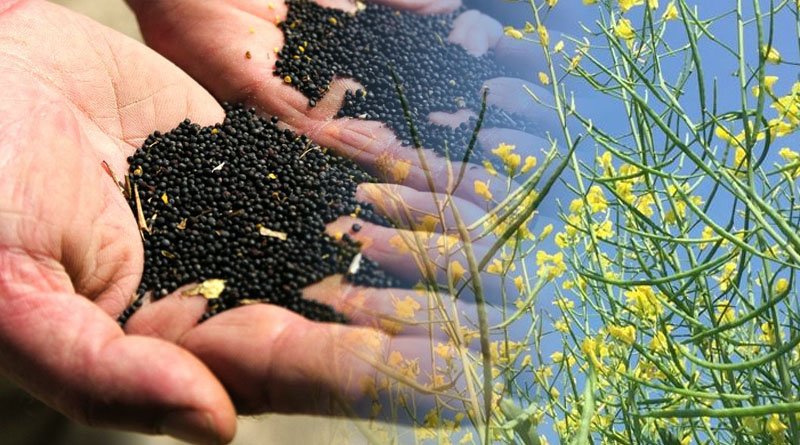Due to its high profitability and advantageous effects on human health, Pakistan has increased the cultivation of Chinese hybrid canola seed “HC-021C”.

Due to its high profitability and advantageous effects on human health, Pakistan has increased the cultivation of Chinese hybrid canola seed “HC-021C”. China’s cooperation is helping to advance cultivation. Both the farmers’ bottom lines and the nation’s economy benefit from it.
In order to increase the cultivation and production of the recently discovered variety of Chinese hybrid canola seed, a Chinese company organised a Canola Field Day in Gujranwala with the help of Nasir Cheema, a well-known canola grower and former MPA. A sizable number of cultivators and farmers took part in the activity.
Every year in March, a Chinese company hosts a field day for farmers where they teach them cultivation techniques to improve crop production and breeding for nearby farmers. It oversees technical support as well. Canola crop cultivation in Pakistan with Chinese cooperation is a component of the Belt and Road Initiative’s “CPEC” main corridor.
In Pakistan, canola is the most significant brassica crop cultivated for oil seed. It has a high oil content of 44-46%. Additionally, its meal contains 38-40% of protein with a full spectrum of amino acids.
ZhaU Xusheng, Director of QF Seeds China and Head of Canola Cultivation Project in Pakistan, said during the event that this project will boost production and lower import costs. He claimed that “HC-021C” is more disease-resistant and has a shorter growth period in comparison.
He insisted that it has zero trans fat or cholesterol and that its oil content is 10% higher than that of all local mustards. He also stated that it yields more than 37 m3 per acre. The most beneficial canola oil is “00 canola.”
According to a report, Pakistan imported edible oil worth approximately 3.6 billion between 2021 and 2022, making up 89 percent of the country’s total supply. However, only 11 percent of edible oil is produced in Pakistan. That is why it places a significant strain on the nation’s economy.
